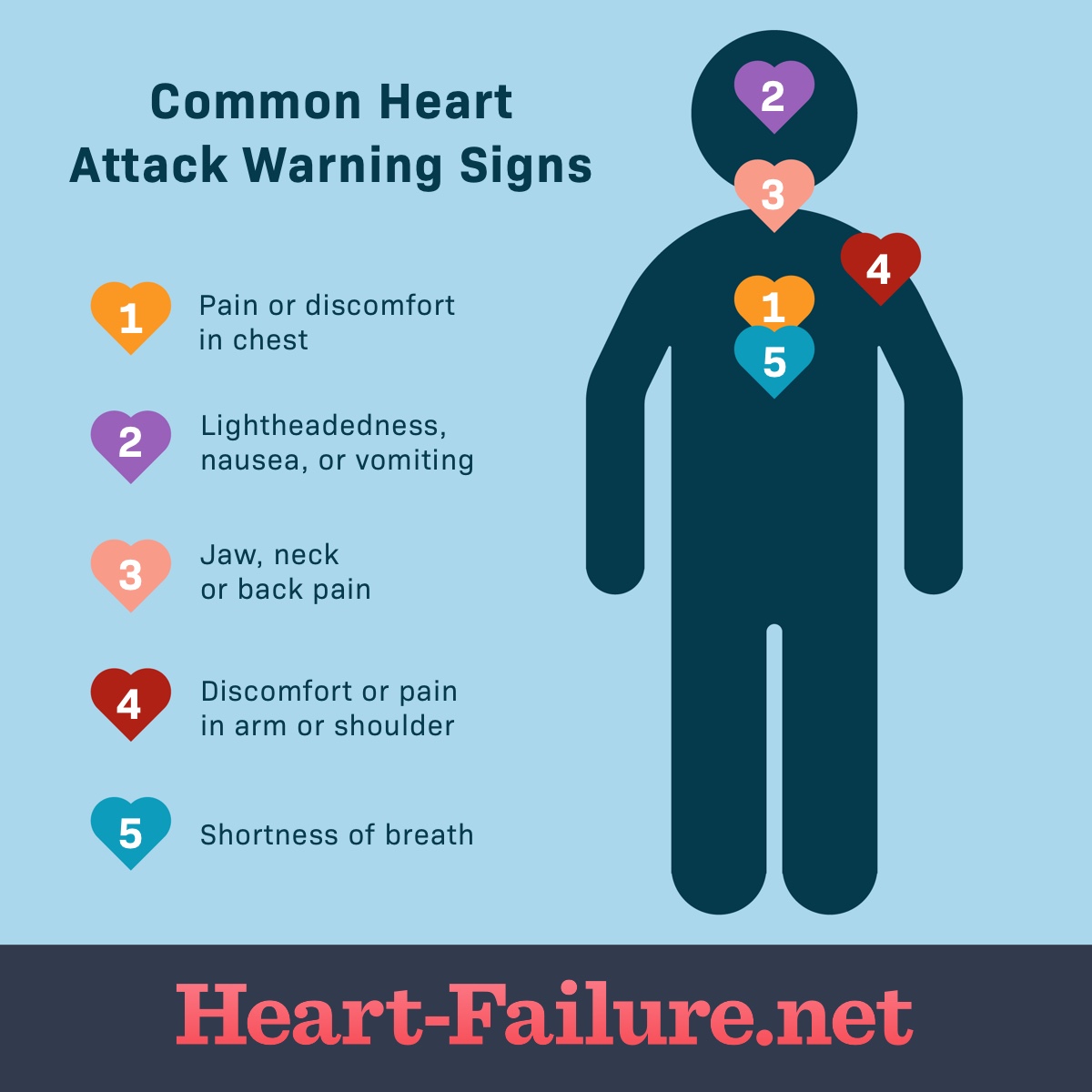How to Prevent Heart Failure
Reviewed by: HU Medical Review Board | Last reviewed: July 2024 | Last updated: August 2024
Heart failure (HF) is a condition with signs and symptoms that develop when the heart does not function properly. HF affects a person’s life expectancy. Medical guidelines indicate that a diagnosis of heart failure is based on multiple criteria, such as:1
- Physical symptoms and signs
- Diagnostic test results showing evidence of cardiac dysfunction
- A favorable response to treatment
There is no single cause or cure for HF. It develops in part due to risks and contributing causes, some of which are preventable, and others that are not. HF results from the impact of other health or medical conditions that have damaged the heart or made it work too hard. Some risk factors for heart failure include age, race, family history, and socioeconomic factors.1,2
Some things are out of your control, but you can take steps to prevent heart failure and other heart diseases that greatly affect the quality of your life. Living a healthy lifestyle and having regular medical check-ups can help you manage conditions that might lead to the development of heart failure.3,4
Age matters for heart failure
Heart failure is clearly associated with age. As we grow older, our heart works longer and harder. For many people, our heart is less efficient as time passes. Aging is not something we can control. But we do have some control over how we age.4
Good health habits can influence how you feel
Whatever your age, good health habits can influence the way you feel and help to prevent some illnesses. Heart failure typically develops over time. Poor health habits can be addressed by making changes. Smoking, drug and alcohol use, and obesity are risk factors that can be reduced by taking preventive action.2,4
Get plenty of exercise
Endurance, strength, balance, and flexibility are the 4 elements of physical activity. If you have not exercised in a long time, check with your medical team and start slowly. It can take time to build up endurance.5
Regular physical activity can benefit everyone. Aim for at least 150 minutes of moderate-intensity aerobic exercise each week or 75 minutes of vigorous-intensity aerobic exercise, or a combination of both.5,6
Strength and resistance training at least 2 days a week can also help build muscles to strengthen your core and boost your metabolic rate. This helps you burn additional calories even when you are at rest.4,6
There are a lot of crossover benefits in varying your exercise to keep it interesting and the body fit. Endurance activities like running or rowing engage your heart, lungs, and circulatory system. Getting regular physical activity can reduce the risk of heart failure, as well as diabetes, heart disease, and stroke.5
Eat a healthy diet
Eat a heart-healthy diet. Foods low in saturated fat and salt can help reduce your risk of developing heart failure. For example, the Mediterranean and DASH diets, include whole grains, lots of fruits and vegetables, and fish. Lean meats, limited sugar and alcohol, and reduced salt intake are other hallmarks of a plan that promotes good heart health.2
A healthy diet goes a long way in keeping your heart in good shape.
Avoid smoking
Smoking is hazardous to your health. The chemicals tobacco contains can damage your heart, lungs, and blood vessels. Even exposure to second-hand smoke can harm your lungs, increasing your risk for heart failure and lung cancer.2
If you are already a smoker, there are many programs available to help you stop smoking.7
Manage stress
Chronic stress can raise your heart rate and blood pressure. This can cause damage to your artery walls. Managing your stress and blood pressure can preserve heart health. Getting enough sleep is also an important factor in managing stress.
Warning signs
Learn the warning signs of heart attack and stroke. They may be experienced differently by men and women and include:2,8
- Chest discomfort, such as uncomfortable pressure, squeezing, fullness, or pain in the chest
- Discomfort in other areas of the upper body, such as pain or discomfort in one or both arms, or in the back, neck, jaw, or stomach
- Shortness of breath with or without chest discomfort
- Cold sweats, nausea, or lightheadedness
Figure 1. Common heart attack warning signs
What can we do about it?
Increasing public awareness about heart failure and the importance of prevention can help the general population learn more about good health habits and the impact of the choices they make. Providing information on your family medical history can help your medical team evaluate your risk factors, including heredity, comorbidities, and environmental exposures.9
Research and advances in technology, medicines, genetics, biomarkers, and general health habits can help improve outcomes when treating heart failure. Preventing heart failure is a shared responsibility, it involves taking care of yourself inside and out.4
